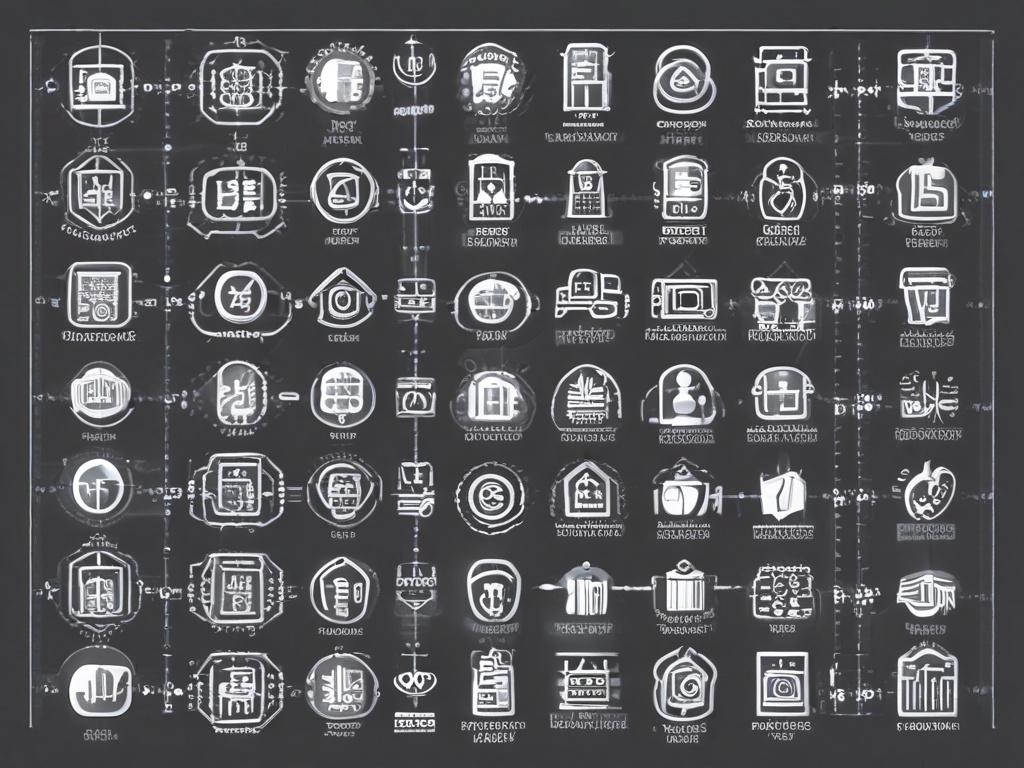
The luxury fashion sector is undergoing a significant transformation, driven by advancements in technology and shifting consumer expectations. As we explore the evolving landscape of supply chain management in luxury fashion, we uncover how brands that adapt to these changes significantly enhance their competitiveness. Supply chains no longer serve merely as logistical frameworks; they play a critical role in defining brand identity, sustainability, and overall customer experience.
In this blog post, we will examine key trends reshaping brand success within the luxury supply chain, from sustainability initiatives to the integration of advanced analytics. Additionally, we will discuss strategies that luxury brands can employ to leverage supply chain innovation, ultimately enhancing their value proposition. Join us as we delve into the intricate dynamics of supply chain management and discover how it shapes the future of luxury fashion.
Understanding the evolving landscape of supply chain management in luxury fashion
The luxury fashion sector faces a dynamic and rapidly changing supply chain landscape. As consumer preferences shift towards sustainability and ethical practices, brands must adapt to meet these new demands. Customers are increasingly aware of the origins of their purchases, prompting luxury brands to invest in transparent sourcing and ethical production methods. Advanced technologies, such as blockchain and artificial intelligence, are transforming supply chain processes, allowing brands to track materials from source to store. By embracing these innovations, luxury fashion labels can enhance traceability, ensuring that they stay aligned with consumer values and expectations.
Moreover, the digitalization of supply chain management has opened up numerous opportunities for luxury brands to streamline operations and improve efficiency. E-commerce growth has accelerated the need for agile supply chains that can respond swiftly to changing market conditions. Luxury brands are integrating omnichannel strategies that allow for seamless inventory management across physical and online stores. By leveraging data analytics and real-time tracking, they can forecast demand more accurately, reduce lead times, and optimize stock levels. This not only enhances customer satisfaction but also strengthens brand loyalty, positioning luxury fashion houses for success in a competitive marketplace.
Key trends reshaping brand success in the luxury supply chain
The luxury fashion sector is witnessing a significant transformation driven by sustainability and technological advancements. Brands increasingly adopt eco-friendly practices, emphasizing circular fashion to minimize waste and reduce environmental impact. Alongside this, digitalization remains at the forefront, with innovations such as blockchain providing transparency throughout the supply chain. This transparency not only enhances consumer trust but also allows brands to authenticate their products, ensuring that luxury items retain their value and desirability.
Moreover, personalization and customization are becoming essential elements of the luxury supply chain. Fashion houses leverage data analytics and consumer insights to create tailored experiences, meeting the growing demand for unique products. Advanced supply chain management techniques, such as just-in-time inventory systems, enable brands to respond quickly to changing customer preferences. By embracing these trends, luxury fashion companies can streamline their operations while enhancing brand loyalty and customer satisfaction in a highly competitive market.
Strategies for leveraging supply chain innovation to enhance luxury brand value
Luxury brands must adopt an agile and flexible supply chain strategy to respond effectively to changing consumer demands and market dynamics. By investing in cutting-edge technologies such as artificial intelligence, blockchain, and IoT, brands can optimize their logistics and inventory management. For instance, artificial intelligence can forecast demand more accurately, allowing luxury brands to produce limited-edition items that cater to specific customer preferences. Meanwhile, blockchain can enhance transparency and traceability, which bolsters consumer trust as shoppers increasingly seek ethical and sustainable practices in their purchasing decisions. Embracing these innovations not only streamlines operations but also reinforces a luxury brand's reputation for quality and exclusivity.
In addition to technology, collaboration plays a pivotal role in driving supply chain success in the luxury fashion sector. Luxury brands should engage with suppliers, logistics partners, and even competitors to share best practices and ideas. Such collaboration fosters a culture of innovation and resilience, adaptable to disruptions that may arise in the marketplace. Moreover, luxury brands can enhance their value proposition by offering personalized experiences through customized supply chain solutions. Whether it’s limited-run collections or bespoke client services, tailoring offerings to individual customer needs not only increases satisfaction but also strengthens brand loyalty, paving the way for sustained success in an evolving landscape.